When a Toothache Causes Sinus Pain: Understanding Dental Sinusitis
TL;DR: Infections in your upper molars sit millimetres from the maxillary sinus, so tooth decay can mimic—or trigger—sinus pain, especially in Stockholm’s dry winter air.
Have you ever had a toothache that seemed to trigger sinus pain or facial pressure? You might have experienced dental sinusitis—a condition where an infection in your upper teeth or gums spreads to your sinuses. Because the roots of your upper molars are so close to the maxillary sinuses, even a minor dental problem can quickly lead to sinus discomfort.
What Are the Signs of Dental Sinusitis?
- Persistent facial pressure or pain
- Nasal congestion or stuffiness
- Discomfort when biting or chewing
- Headaches that worsen when you bend forward
- Swollen gums or sensitivity to hot and cold
If you notice these symptoms—especially alongside dental pain—don’t ignore them. Early detection is important for preventing complications.
How Is Dental Sinusitis Diagnosed?
If you suspect your sinus issues might be linked to a dental problem, a thorough dental examination is key. Dentists often use X-rays or CT scans to check for infections in the teeth and to see whether the sinuses are affected. This helps pinpoint the true source of your discomfort and guides the right treatment.
Preventing and Treating Dental Sinusitis
Prevention Tips
- Brush and floss daily
- Visit your dentist regularly for check-ups and cleanings
- Address dental problems promptly
- Self-help: Use a saline nasal rinse and OTC pain relief to ease pressure while waiting for professional care
Treatment Options
- Root canal therapy to remove infected tissue and save the tooth
- Tooth extraction if the tooth is beyond repair
- Antibiotics to clear sinus infections caused by bacteria
- Collaboration with ENT specialists for complex cases
- In rare situations, minor dental surgery is required to resolve the infection
Why Early Attention Matters
Prompt treatment of dental sinusitis not only relieves pain but also helps prevent more serious problems. Ignoring persistent tooth or sinus symptoms can lead to worsening infections and longer recovery times.
When to See a Dentist
If you have ongoing sinus pain, facial pressure, or toothache—especially if these symptoms don’t improve—schedule a dental check-up. At Gloss & Floss Dental Care, we offer comprehensive evaluations to identify the root cause of your discomfort and create a personalized treatment plan, so you can feel better faster.
Final Thoughts
Understanding the link between dental issues and sinus pain can help you protect both your teeth and your overall well-being. Stay proactive with your oral hygiene, and never hesitate to consult a dental professional if you have concerns.
This post is for general information only and is not a substitute for a dentist’s or ENT’s personalised diagnosis.
Have questions about dental sinusitis or tooth pain? Leave a comment below or contact our team at Gloss & Floss Dental Care—we’re here to help!





